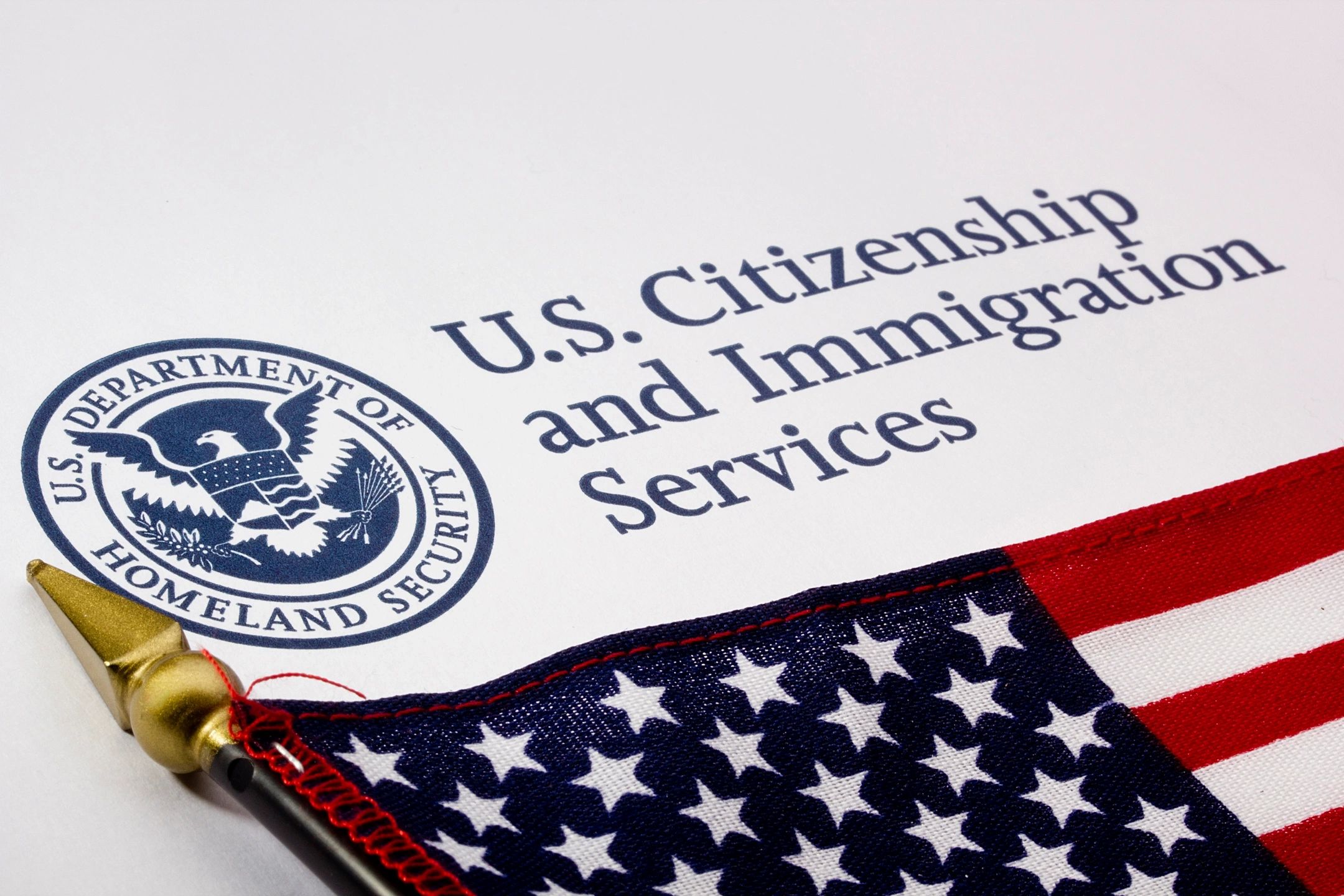The Alien Enemies Act of 1798 is a federal law that permits the president to detain or deport foreign nationals from a designated “hostile” nation during times of war, invasion, or a “predatory incursion.” Enacted as part of the Alien and Sedition Acts during John Adams’ presidency, it was originally intended to address national security concerns amid tensions with France. The law applies to males aged 14 and older from the specified nation, based on their citizenship or country of origin, and does not require a hearing for enforcement.
Historically, the Alien Enemies Act has been invoked three times in over two centuries. Its most notable use occurred during World War II, when President Franklin D. Roosevelt applied it to authorize the internment of Japanese Americans (I suggest the book, Snow Falling on Cedars a decision later criticized by civil rights groups. According to The Thinking Conservative, this historical precedent highlights the law’s potential scope.
President Donald Trump has expressed interest in utilizing the Alien Enemies Act to address border security, specifically targeting foreign nationals involved in gangs and cartels. The Hill reports that Trump aims to expedite deportations of such individuals. For the law to be invoked, two conditions must be met: a state of war, invasion, or predatory incursion must exist, and the actions must be linked to a foreign government.
A specific case involves the Tren de Aragua gang from Venezuela. On March 15, 2025, the White House issued an executive order designating this group as a foreign terrorist organization, alleging ties to the Maduro regime and involvement in drug trafficking and violence. The Venezuelan government has denied these claims, asserting that the gang was dismantled in 2023. The consideration of this law has raised questions about its potential application and implications.
There is debate over whether gang activity constitutes an “invasion” as intended by the law. Some argue that if gangs are supported by foreign states and harm U.S. citizens, it could be considered an invasion. Others note that the law was originally intended for wartime scenarios, not criminal activities like drug trafficking.
The relevance of the Alien Enemies Act in addressing current security challenges, such as gang activity, is a matter of ongoing discussion. Considerations include the law’s original intent, its historical applications, and the balance between security measures and individual rights.
Follow us! 🌐 ToSpeakOnline.com | 📺 YouTube Channel | 🎙️ Spotify Podcast | ✉️ Newsletters | TikTok | Instagram | Twitter/X | Facebook | All My Links | Partners & Associations
This article is partially generated from Charles Randolph’s live podcast, using his research and citations. Edited by Charles Randolph, it showcases his work. For more details, see the linked video.


